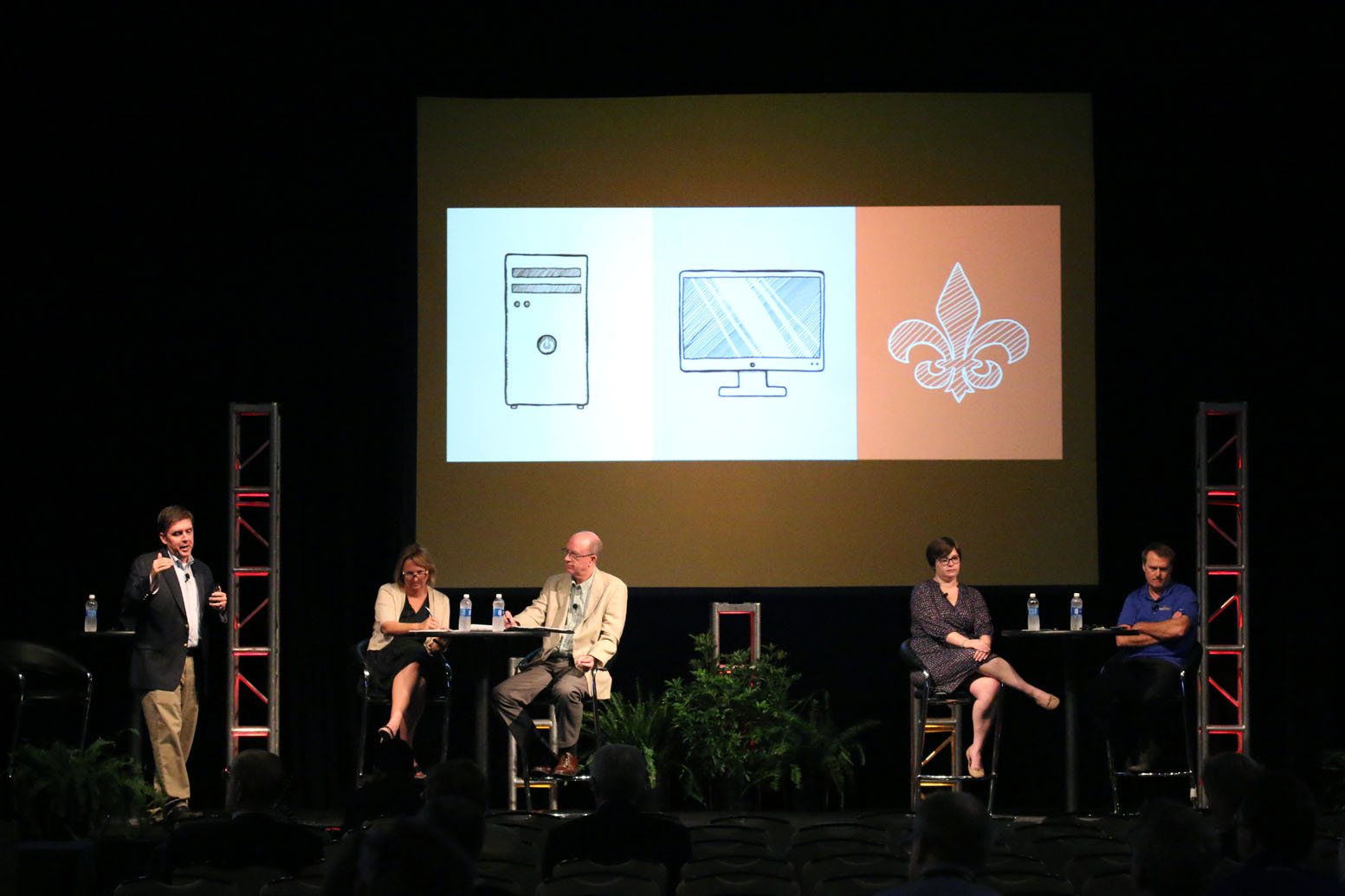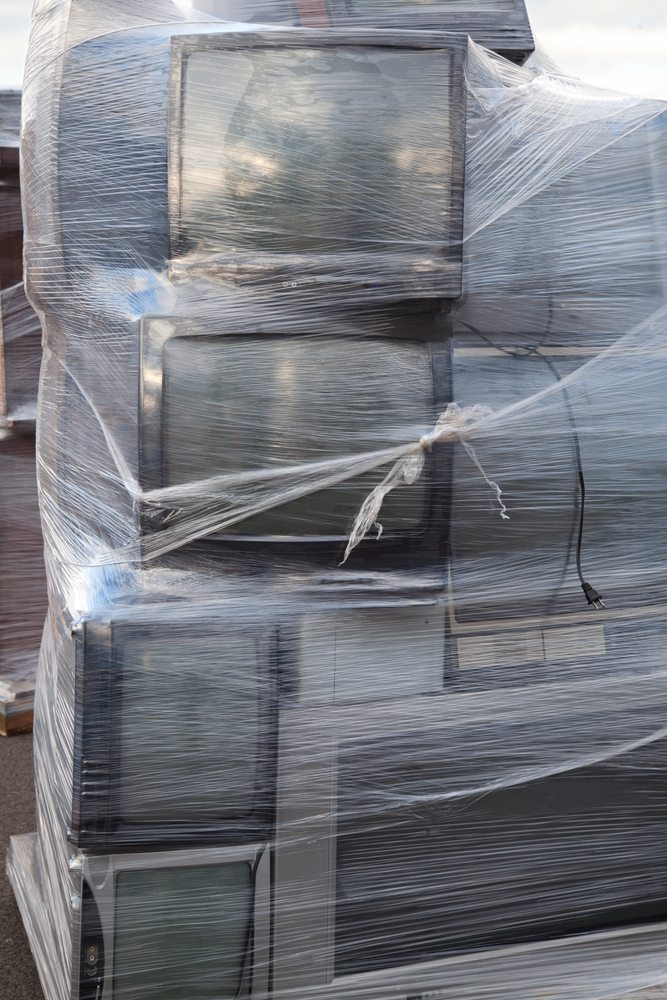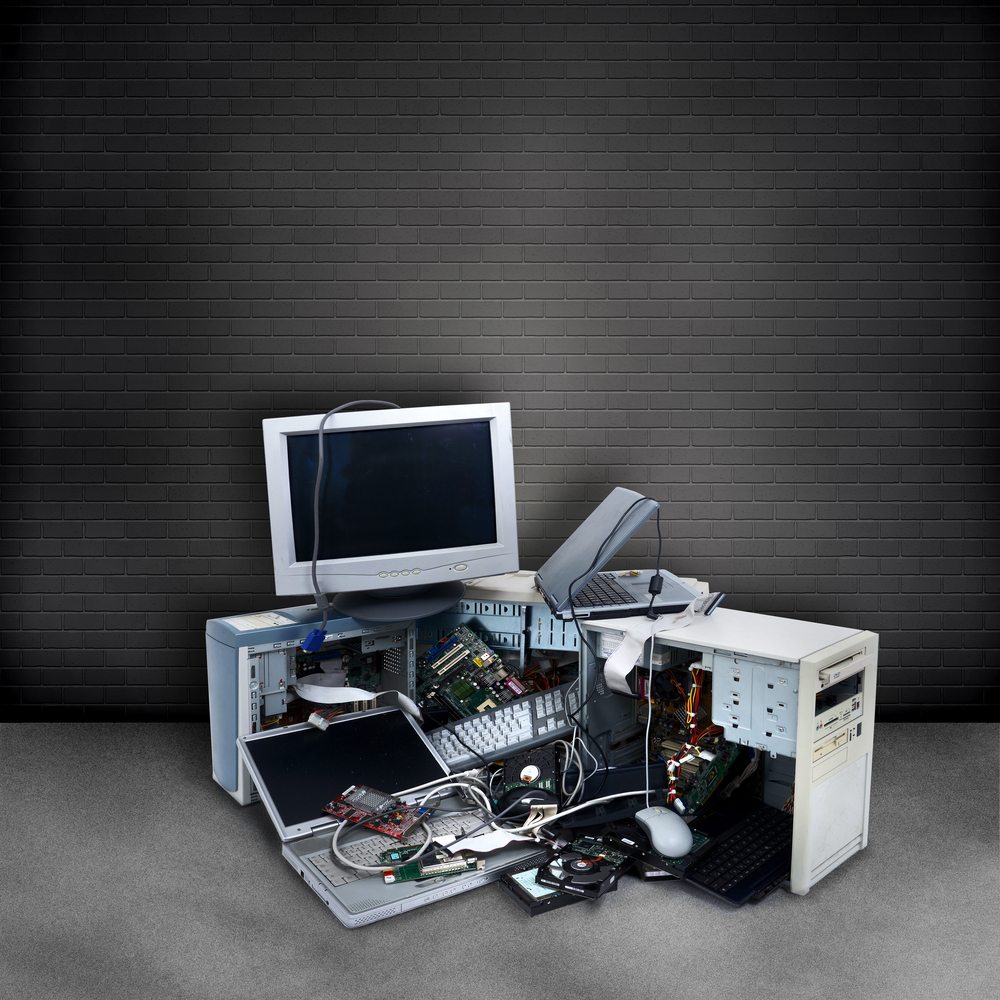 Updates to the R2 standard continue to be developed, and a large e-scrap processing facility is under construction in South Australia.
Updates to the R2 standard continue to be developed, and a large e-scrap processing facility is under construction in South Australia.

 Updates to the R2 standard continue to be developed, and a large e-scrap processing facility is under construction in South Australia.
Updates to the R2 standard continue to be developed, and a large e-scrap processing facility is under construction in South Australia.
 California officials are inviting industry players to participate in a survey regarding possible changes to the state’s e-scrap recycling program.
California officials are inviting industry players to participate in a survey regarding possible changes to the state’s e-scrap recycling program.
 Representatives from major electronics manufacturers took to the stage at last week’s E-Scrap 2016 conference. They detailed efforts to create more sustainable devices and also took aim at some requirements of state electronics recycling programs.
Representatives from major electronics manufacturers took to the stage at last week’s E-Scrap 2016 conference. They detailed efforts to create more sustainable devices and also took aim at some requirements of state electronics recycling programs.
 Legislation introduced in Pennsylvania increases the amount of e-scrap that manufacturers would be on the hook for recycling each year.
Legislation introduced in Pennsylvania increases the amount of e-scrap that manufacturers would be on the hook for recycling each year.
 Several years of lagging recovered material totals have led leaders of Oregon’s e-scrap program to slash weight targets for manufacturers beginning next year.
Several years of lagging recovered material totals have led leaders of Oregon’s e-scrap program to slash weight targets for manufacturers beginning next year.
Environmental officials in Pennsylvania say manufacturers aren’t paying enough to ensure collected electronics are getting recycled.
 Oregon regulators have fined Total Reclaim more than $160,000 for allegedly violating hazardous waste laws, but the e-scrap processor denies the allegations and has appealed the penalty.
Oregon regulators have fined Total Reclaim more than $160,000 for allegedly violating hazardous waste laws, but the e-scrap processor denies the allegations and has appealed the penalty.
 An e-scrap startup reflects on its first half-decade, and a Filipino writer cautions lawmakers to adopt e-scrap legislation in the interest of public health.
An e-scrap startup reflects on its first half-decade, and a Filipino writer cautions lawmakers to adopt e-scrap legislation in the interest of public health.

Nigel Mattravers
Legislation and technologies have led to more formalized e-scrap processing in China and Hong Kong, experts meeting in Macau said recently. But key challenges remain, particularly in China’s new electronics take-back program.
 By the end of 2016, IMS Electronics Recycling will cut in half the number of processing facilities it operates.
By the end of 2016, IMS Electronics Recycling will cut in half the number of processing facilities it operates.
